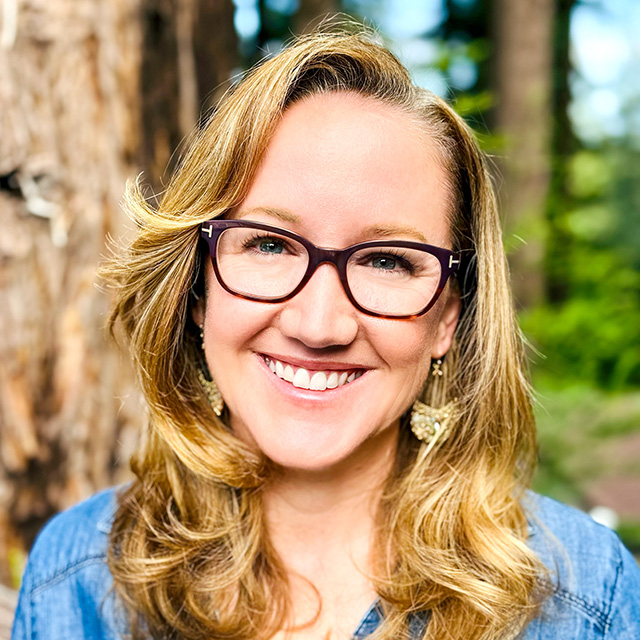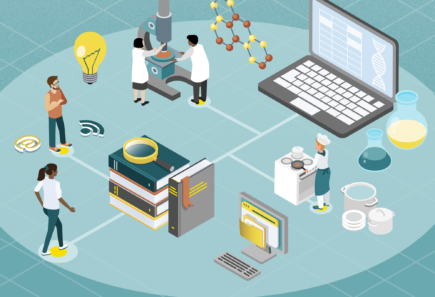Future Food-Tech Chicago – Sustainable Proteins & Ingredients
Event description
Future Food-Tech Chicago brings together 400+ global leaders from across the food and agriculture sector to tackle the most pressing challenges in sustainable proteins and ingredients. From bridging supply chain gaps to scaling climate-smart alternatives, this is where the future takes shape.
The agenda is packed with immersive workshops, live product tastings, and interactive discussions on the latest in alternative ingredients—including next-gen dairy, fats, oils, coffee, and cocoa. Attendees will have the opportunity to explore insights from industry pioneers and participate in dynamic, solutions-focused sessions designed to drive real impact.
GFI’s Amanda Hildebrand, Ph.D., Vice President of Science and Technology, will moderate the panel Scaling Biomanufacturing: Optimizing Facilities and Bioprocess Design on Monday at 4:05 pm, addressing:
- Strategies for managing capital-intensive scale-up infrastructure
- The role of CDMOs and shared facilities in helping companies move from lab to pilot to commercial production
- Innovations reducing the cost of upstream and downstream bioprocesses
- Regulatory considerations for bioprocess design across jurisdictions
Join us in Chicago to connect with industry leaders, explore cutting-edge solutions, and shape the future of sustainable proteins.
Event location
Meet the speaker

Amanda Hildebrand, Ph.D.
VICE PRESIDENT, SCIENCE AND TECHNOLOGY, GFI
Amanda Hildebrand leads GFI’s Science and Technology department, building a strategic roadmap to accelerate alternative protein research and empower scientists to bring breakthroughs to market. She has over 13 years of experience in bioprocess development and commercialization, with expertise in fermentation, kinetic modeling, and scaling sustainable food systems.
Before joining GFI, Amanda led innovation and commercialization projects across startups and Fortune 500 companies, working across multiple fermentation platforms and industries. She holds a Ph.D. in biological systems engineering from the University of California, Davis, and a bachelor’s degree in chemical engineering from the University of California, Santa Barbara.

